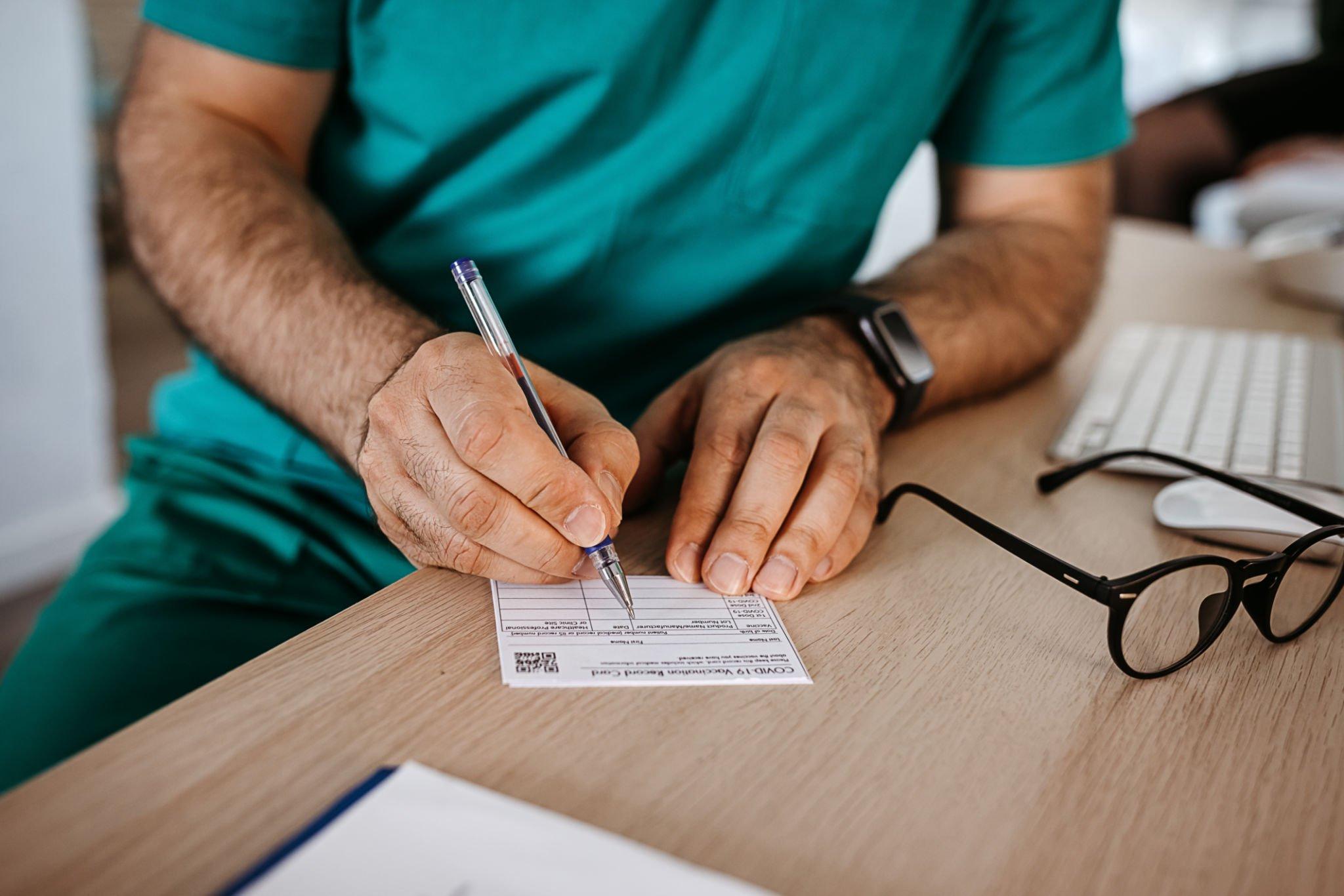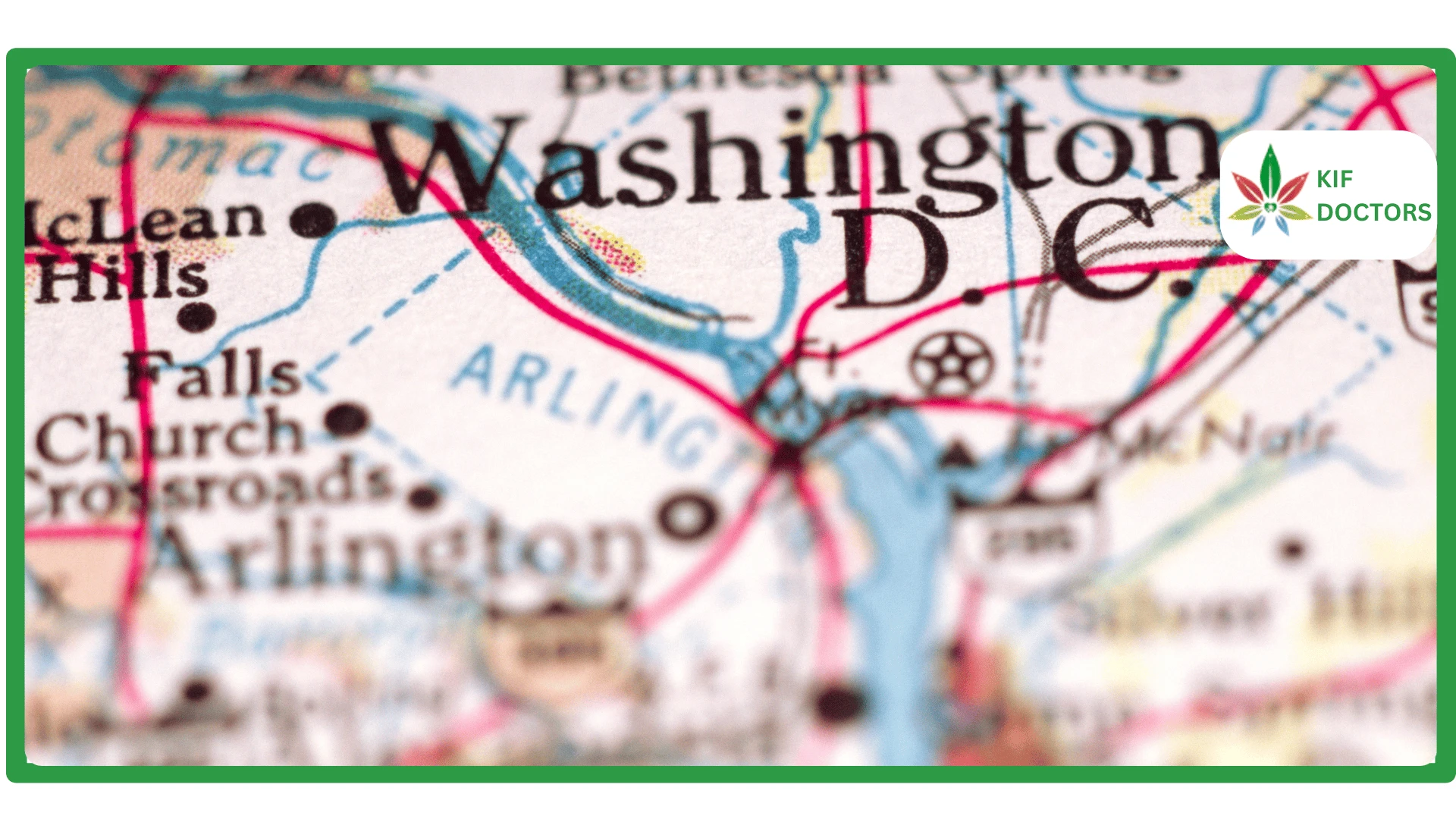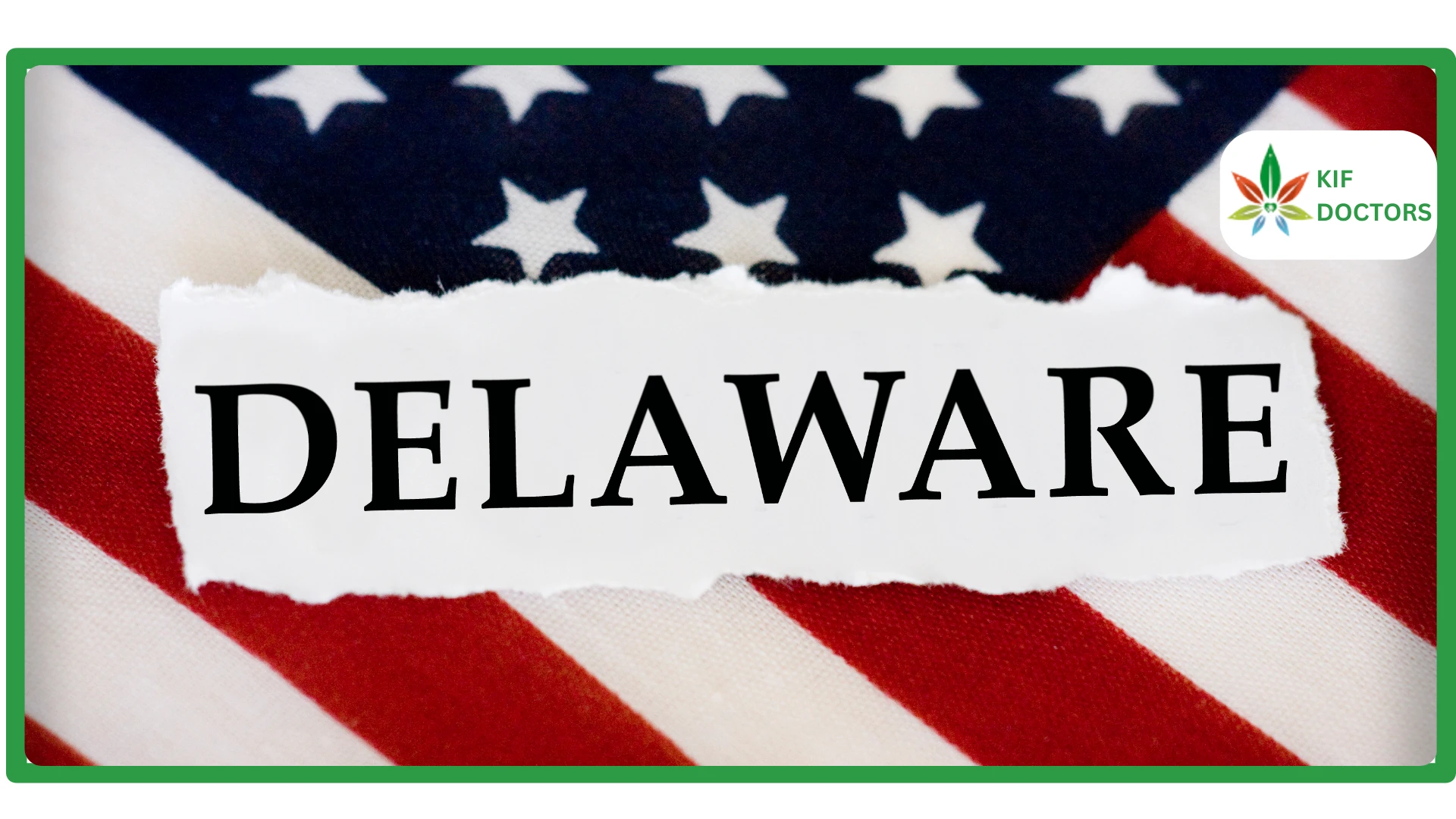So far, 38 US states have an active Medical Marijuana Program and the number is predicted to increase considering that many states are now trying to legalize the Medical use of Marijuana. However, this expansion does come with a doubt. Who will be able to see your Medical Marijuana Card and will your data be public for anyone to access/view? Let’s find this out today.
Medical Marijuana Cards & Doctors
Throughout the US states where consuming Medical Marijuana is legal, there are laws and qualifying conditions that vary from state to state. But there’s one thing that is common to apply for a Medical Marijuana Card. you must have a certified Medical Marijuana Recommendation from a licensed medical doctor.
This automatically put your doctors in a position where they will know whether you are going to get a Medical Marijuana Card or not. Plus, if you acquire services of platforms like the Kif, which are HIPAA compliant, your data won’t be shared with irrelevant third parties.
What Exactly Is The ‘Prescription Management Program(PMP)’?
A Prescription Management Program (PMP) is an online database management system that provides access to any prescription-related data revolving around a controlled substance. The authorities who can access the PMP database are law enforcement agencies and medical doctors relevant to a particular prescription/patient.
The whole purpose of developing the PMP was to ensure that in case of an emergency or investigation, the authorities can take a look at the prescription records ensuring that the right medical aid is provided to the patient or any clue relevant to an investigation can be gathered.
Importance Of Transparency & Privacy Concerns
But in all of this, transparency and privacy are the two core areas that should be focused on. Knowing that someone will have access to your data is enough to cause privacy concerns. That’s why, the HIPAA-compliant system was introduced. The Kif itself works on a HIPAA-compliant system.
HIPAA is a set of rules and standards regulated by the Department of Health and Human Services. The set standards ensure that health organizations must implement such strategies that will protect the security, privacy, and integrity of medical data obtained from patients associated with them.
Why Some Patients Might Want To Keep This Information Private?
If we talk about in the context of Medical Marijuana in particular, there are still quite some prejudices that are associated with Marijuana and people who consume them. Many US states have an active Medical Marijuana Program with the efficiency of Marijuana for certain medical conditions proven scientifically. Yet, preconceived notions regarding Marijuana can cause some issues.
For example, in some US states that have an active Medical Marijuana Program, the MMJ Card doesn’t protect the workspace if your employer wants to impose a penalty on you for a positive Marijuana result. All of this makes some patients believe that it is better to keep this kind of information private.
Can Doctors See My Prescription History?
Yes, doctors have the right to see your prescription history through the PMP system. A licensed doctor must go through your past prescription history to determine what kind of new prescription will be the most suitable for your condition.
Final Note
We get it, sometimes, people do become conscious regarding their medical history and individuals who have access to it. But based on our experience, both the HPAA and PMP systems allow only the relevant medical and law enforcement professional to have access to such kind of data. That too to make the right life-saving / health-beneficial choice for you.
 Since 2021, Kif offers a streamlined platform to get a medical marijuana card online. We have served more than 45K patients across the United States. Sign Up Now to get the right to use medical cannabis for your health condition without any delay.
Since 2021, Kif offers a streamlined platform to get a medical marijuana card online. We have served more than 45K patients across the United States. Sign Up Now to get the right to use medical cannabis for your health condition without any delay.
























